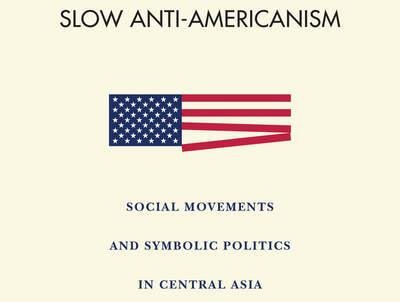(Stanford University Press) Negative views of the United States abound, but we know too little about how such views affect politics. Drawing on careful research on post-Soviet Central Asia, Edward Schatz argues that anti-Americanism is best seen not as a rising tide that swamps or as a conflagration that overwhelms. Rather, “America” is a symbolic resource that resides quietly in the mundane but always has potential value for social and political mobilizers. Using a wide range of evidence and a novel analytic framework, Schatz considers how Islamist movements, human rights activists, and labor mobilizers across Central Asia avail themselves of this fact, thus changing their ability to pursue their respective agendas. By refocusing our analytic gaze away from high politics, he affords us a clearer view of the slower-moving, partially occluded, and socially embedded processes that ground how “America” becomes political. In turn, we gain a nuanced appreciation of the downstream effects of US foreign policy choices and a sober sense of the challenges posed by the politics of traveling images. […]
Read More © Stanford University Press











